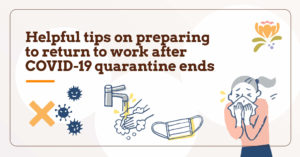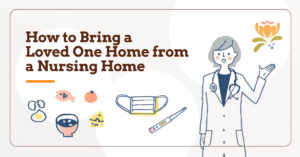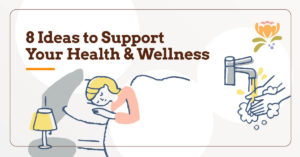[fusion_builder_container hundred_percent=”no” equal_height_columns=”no” menu_anchor=”” hide_on_mobile=”small-visibility,medium-visibility,large-visibility” class=”” id=”” background_color=”” background_image=”” background_position=”center center” background_repeat=”no-repeat” fade=”no” background_parallax=”none” parallax_speed=”0.3″ video_mp4=”” video_webm=”” video_ogv=”” video_url=”” video_aspect_ratio=”16:9″ video_loop=”yes” video_mute=”yes” overlay_color=”” video_preview_image=”” border_size=”” border_color=”” border_style=”solid” padding_top=”” padding_bottom=”” padding_left=”” padding_right=””][fusion_builder_row][fusion_builder_column type=”1_1″ layout=”1_1″ background_position=”left top” background_color=”” border_size=”” border_color=”” border_style=”solid” border_position=”all” spacing=”yes” background_image=”” background_repeat=”no-repeat” padding=”” margin_top=”0px” margin_bottom=”0px” class=”” id=”” animation_type=”” animation_speed=”0.3″ animation_direction=”left” hide_on_mobile=”small-visibility,medium-visibility,large-visibility” center_content=”no” last=”no” min_height=”” hover_type=”none” link=””][fusion_text]
We all know the science surrounding Alzheimer’s researching can be confusing and often conflicting. While scientists have made some progress in learning more about what they believe causes the disease, a concrete cause and cure are still not known. An increasing number of trial studies seem to show there are a few things you can do that may help cut your risk for developing this disabling disease.
Brain Aerobics, healthy eating, and Other Methods of Decreasing the Risk of Alzheimer’s
Here are seven things you can begin to do today to help cut your risk for Alzheimer’s disease, the most common form of dementia:
- Get off the couch: Getting regular exercise can help you prevent or delay the onset of Alzheimer’s. Many researchers believe it is because it helps decrease blood pressure and improve cholesterol. A simple but brisk 30 minute walk around the block will help.
- Practice brain aerobics: Just like giving your body a workout is important, so too is exercising your mind. Reading and writing can help keep those neurons firing. Computer games also have brain power benefits. If you or your senior loved one isn’t very tech savvy, one system that makes game playing easier is VideoCare. With the simple touch of a screen, the system is launched.
- Get a daily dose of D. Vitamin D is important to bone health. We all know that. Recent studies have shown that vitamin D deficiency can also be linked to cognitive impairments. So if you don’t spend time outdoors to soak up the sun and you aren’t a milk drinker, talk with your family physician about supplements.
- Adopt the Mediterranean Diet. Consuming foods high in fat or sugar can cause a build-up of amyloids that lead to plaques in your brain. These are plaques that are linked to Alzheimer’s disease. People who eat a Mediterranean Diet have been shown to have lower incidences of a variety of health problems ranging from heart disease to dementia. Some suggestions:
- Eating primarily plant-based foods, such as fruits and vegetables, whole grains, legumes and nuts
- Replacing butter with healthy fats, such as olive oil
- Using herbs and spices instead of salt to flavor foods
- Limiting red meat to no more than a few times a month
- Eating fish and poultry at least twice a week
- Drinking red wine in moderation (optional)
- See the dentist every year. While this area is still unproven, there are a growing number of studies that indicate periodontal disease might be tied to Alzheimer’s. The reasoning is that the inflammation and infection from untreated gum disease can work its way in to your bloodstream and cause damage to your brain.
- Develop coping skills. Mid-life stress is another area researchers are zeroing in on as contributing to the development of Alzheimer’s disease. Learning techniques that are proven to reduce stress such as meditation and yoga can help you avoid that risk.
- Stay engaged with family and friends. Recent studies have demonstrated a link between loneliness and depression to Alzheimer’s. People who stay connected with others have healthier brains and better memory. Volunteering your time to a local non-profit might be a great way to stay engaged.
Living a brain healthy lifestyle, might help you prevent or delay the onset of Alzheimer’s disease.[/fusion_text][/fusion_builder_column][/fusion_builder_row][/fusion_builder_container]





